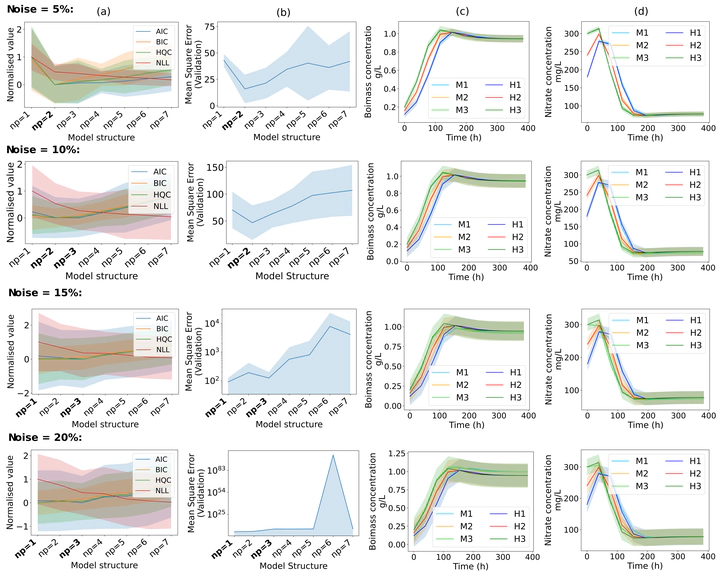Digital Twinning for Bioprocesses - from Hybrid to Data-Driven Models

My work focus on machine learning applications in surrogate modelling, time series prediction, and reinforcement learning process modelling, scheduling, and optimization of bioengineering, has resulted in a unique framework combining kinetic modelling and machine learning for optimizing dynamic systems. At the same time, we apply a novel offline RL framework for optimal bioprocess production scheduling. In contrast to the traditional RL algorithms like temporal difference (TD) learning, we utilise the transformer model to treat the sequential decision-making process through sequential modelling.
Related Publications
[1] Zhang, D., & del Río Chanona, E. A. (Eds.). (2023). Machine Learning and Hybrid Modelling for Reaction Engineering: Theory and Applications. Royal Society of Chemistry. https://doi.org/10.1039/9781837670178
[2] Wang, H., Kontoravdi, C., del Rio Chanona, E. A. (2023). A Hybrid Modelling Framework for Dynamic Modelling of Bioprocesses. In A. C. Kokossis, M. C. Georgiadis, & E. Pistikopoulos (Eds.), Computer Aided Chemical Engineering (Vol. 52, pp. 469-474). Elsevier. https://doi.org/10.1016/B978-0-443-15274-0.50075-5